China accused of using fake influencers to deflect criticism of its treatment of Uyghur Muslims
With flawless skin, flicked eyeliner and rouged lips, Sabira Samat appears to be like any other influencer talking into a camera, however all is not as it seems.
Walking down a leafy street, with perfectly flawless skin, flicked eyeliner and rouged lips, Chinese-based influencer Sabira Samat seems like any other video blogger the internet savvy generation has become used to.
It’s what she says next that raises a few eyebrows.
“What I want to say is that Xinjiang is the same as other places in China. People live and work in peace and happiness. There is no genocide and no forced labour,” she says, speaking into a handheld camera.
Stream your news live & on demand with Flash. From CNN International, Al Jazeera, Sky News, BBC World, CNBC & more. New to Flash? Try 1 month free. Offer available for a limited time only >
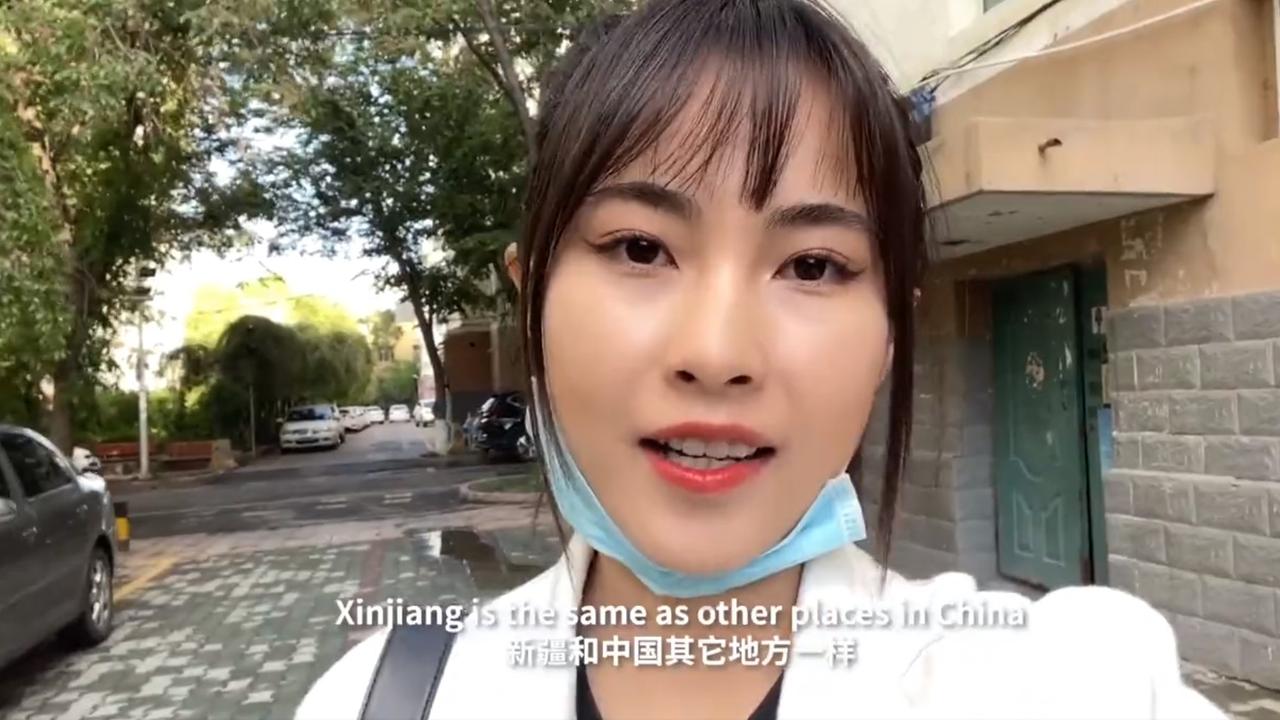
“We have a proverb in China: Hearing is fictitious, seeing is believing.
“So people from all over the world are welcome to Xinjiang.”
A self-proclaimed Uyghur woman from China’s Xinjiang region, her words go against the international condemnation of the Chinese Communist Party for its appalling treatment of the largely Muslim ethnic minority group.
Among the shocking accusations levelled at China are allegations of torture, mass sterilisation, labour camps, and forced detention, all of which amount to claims of genocide.
However, the narrative presented on Samat’s YouTube, Twitter, Instagram, and TikTok accounts (titled the ‘Story of Xinjiang by Guli’) is a little different.
Instead she, and her co-presenter, Hurshidem Ablikim, focus on Xinjiang as being dominated by lush landscapes. Her videos show mountains, lakes and cotton fields, as well as shots of the national cuisine, including mutton kebabs and hand-pulled noodles.
Now, a recent report titled ‘Frontier influencers: the new face of China’s propaganda’ and released by the Australian Strategic Policy Institute (ASPI), has exposed how China’s state government uses the vloggers to spread propaganda and strengthen government messaging.
They’ve labelled these social media stars as “frontier influencers”, as they come from China’s borderlands of Xinjiang, Tibet and Inner Mongolia.
While they appear to make travel and lifestyle videos which promote their provinces, some either spoken in English or bearing English subtitles, the content creators are managed by CCP-backed multichannel media networks.
From China to international appeal
Speaking to news.com.au, ASPI analyst report co-author Daria Impiombato likened the misinformation presented on these accounts to what we saw in the early days of the pandemic.
“It’s the same sort of logic, as the beginning with Covid, when online content was not moderated,” Ms Impiombato tells news.com.au.
“This was before social media and streaming platforms placed alerts for people to get more information from reputable sources on any mentions of Covid.”
Unlike obvious propaganda campaigns, the broad scope of travel and lifestyle videos enables the CCP to portray the “good China story” in a more authentic manner.
“They have a sort of self-made vibe and in a less contextualised environment they can be perceived as genuine citizens who want to express their support for the party policies.”
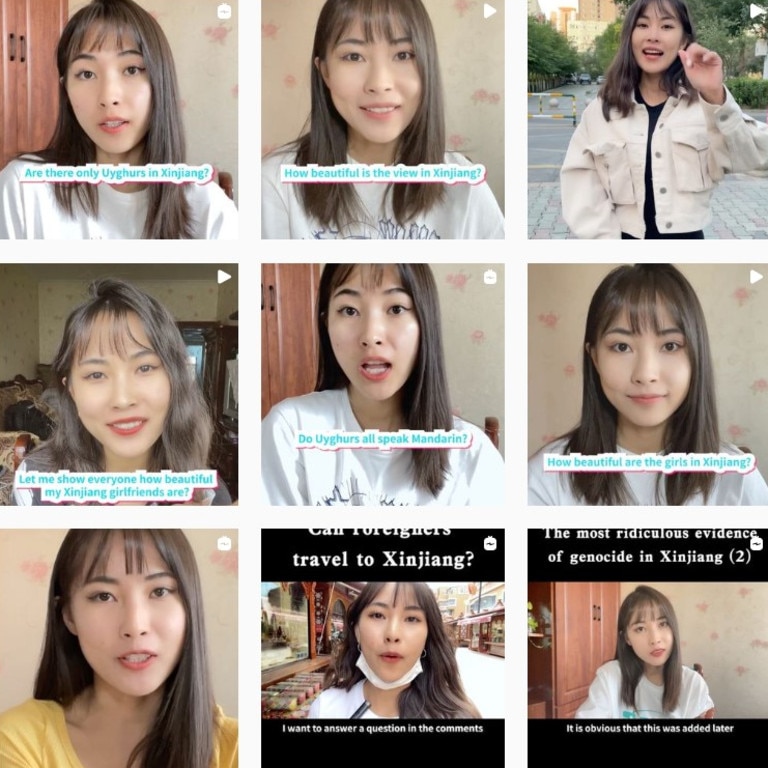
The effect, Ms Impiombato believes, is two-fold. One – it can “flood” search engine results with content that speaks against “very solid research findings on human rights violations in Xinjiang”.
One such example relates to cotton. For example, a video shared by Uyghur influencer Guli Abdushukur – who goes by the name Annie Guli – shows her frolicking around Xinjiang’s cotton fields and participating in the province’s cotton harvest.
However, the four-minute video contains no mention of the allegations that Uyghur workers are being used for forced labour, leading to international backlash and import boycotts.
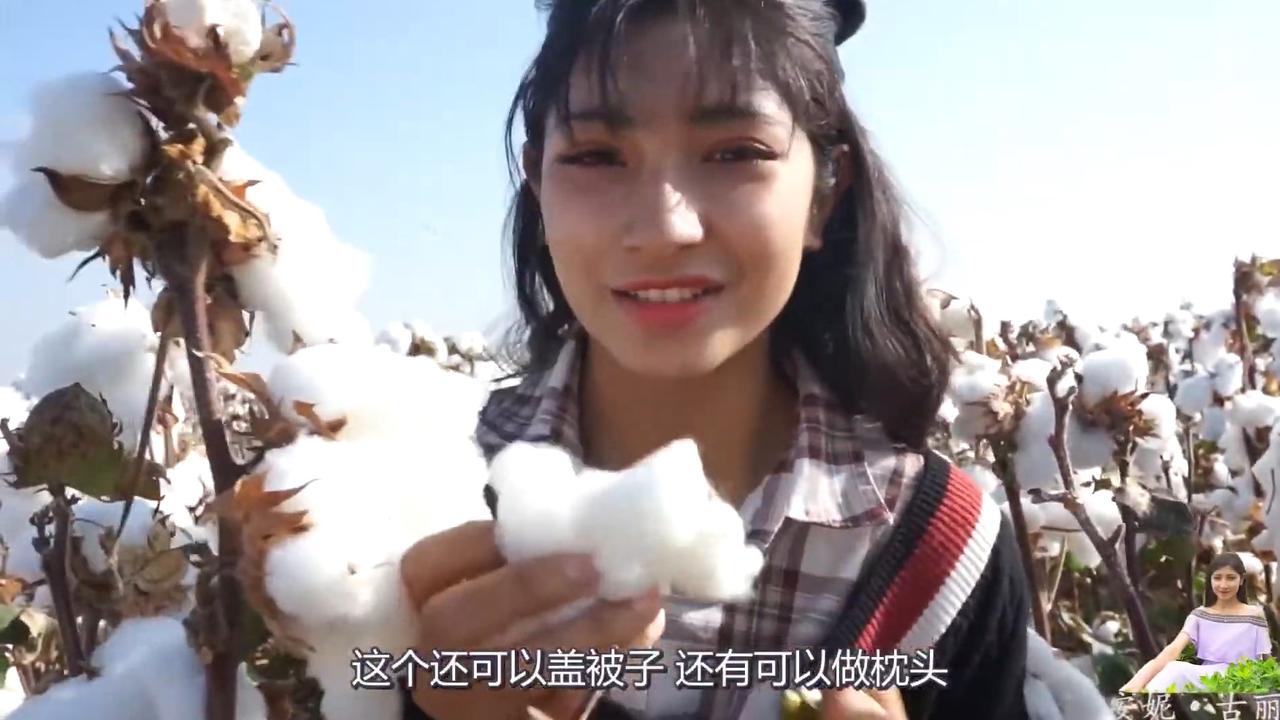
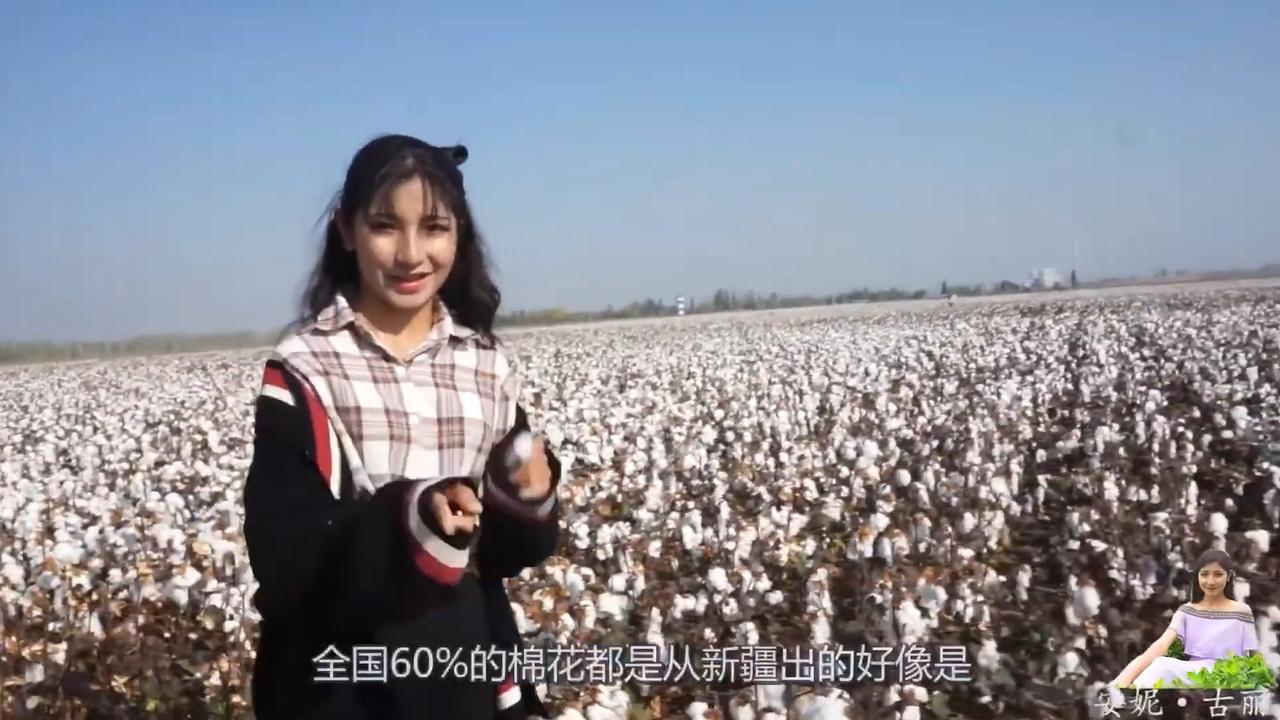
With some of the videos also appearing in English, or accompanied by English subtitles, Ms Impoimbato says this shows that the CCP is making an effort to reach diaspora communities and wider international audiences.
“People who are already convinced that there are crimes against humanity happening in Xinjiang wouldn’t be as easily persuaded by these videos but for the rest of the world, and countries that haven’t particularly challenged China on these issues, these videos can be used as backing to defend China’s stance on these issues,” she says.
CCP’s long history of genocide denial
Despite first-hand accounts and international protest, the Chinese government has long denied instances of crimes against humanity against the Uyghur ethnic minority.
However, a recent report released by the UN high commissioner for human rights (OHCHR) included allegations of rape, sexual violence, solitary confinement, psychological torture and forced medication.
Although they didn’t go as far to use the word “genocide,” they said the office had began “receiving increasing allegations” of disappearances, and a “dramatic” increase of “re-education” camps led by the CCP.
Speaking about the report, Australia’s Foreign Minister Penny Wong said that it confirmed fears that “serious human rights violations have been committed”.
“I think the issue of how it is that in a world where we see a lot of human rights violations, how we can continue to promote and protect and assert the importance of human rights,” she told ABC National.
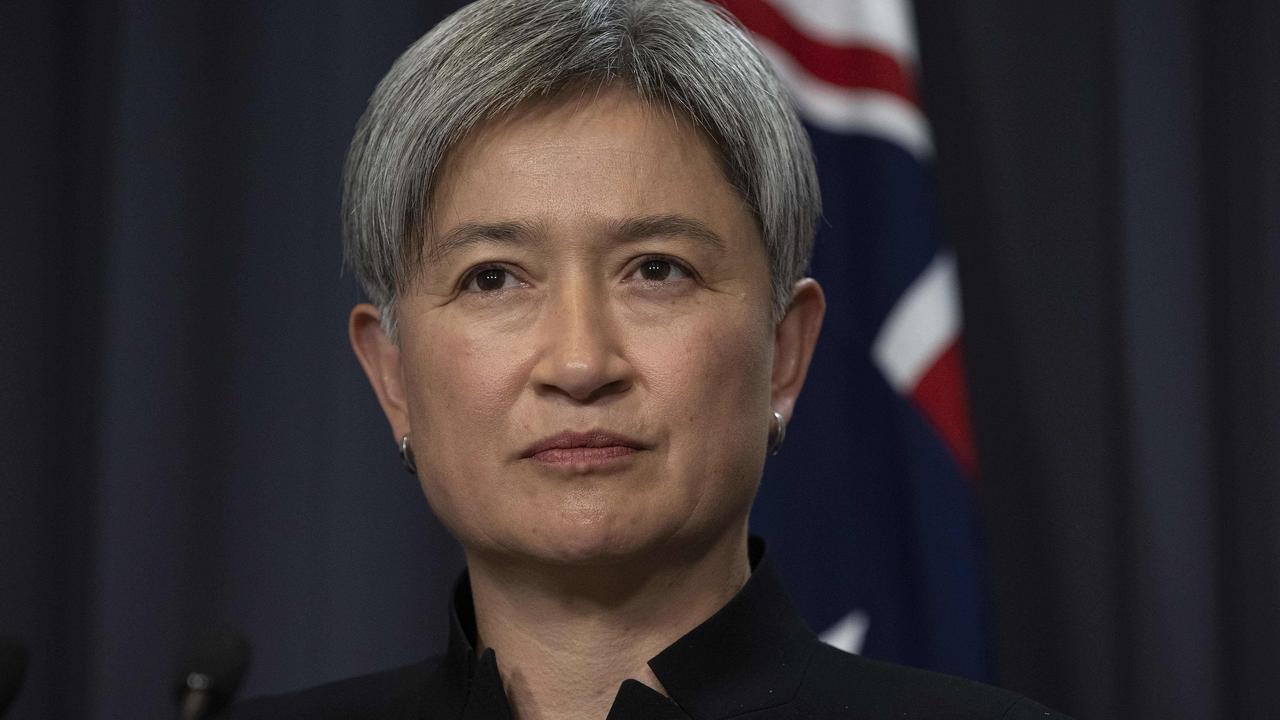
“I think that is one of the ways we can use supply chains to ensure we don’t promote, we don’t condone, and we don’t financially support forced labour.”
She also paid tribute to the “strength and determination” of the Australian Uyghur community.
“Many of them have been unable to be in contact with their loved ones, and I think the fact that some of these stories have come to light demonstrates the determination of Uyghurs around the world. But certainly here in Australia,” Senator Wong said.






